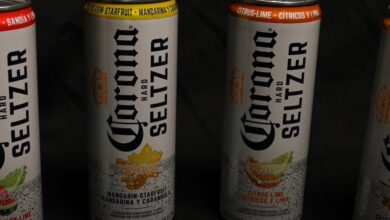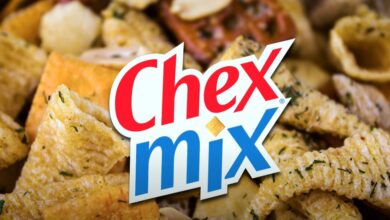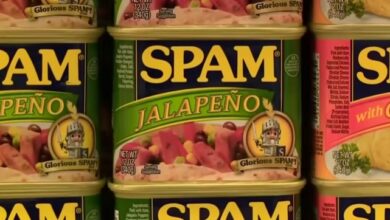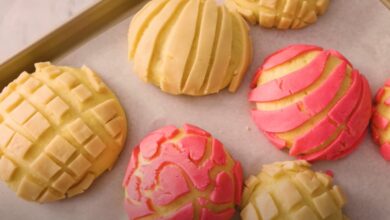Quail Nutrition Facts
Venturing into the lesser-explored territory of Quail nutrition facts, this blog post promises to unfurl the remarkable aspects of this game bird's dietary worth. Get ready to be enthralled as we dissect the components and benefits of quail, unearthing truths that could revolutionize your approach to a nutrition-rich diet.
Quail, small ground-dwelling birds, have a fascinating and diverse diet that reflects their adaptability to various environments. Understanding quail nutrition is essential for those raising quail in captivity, as well as for wildlife enthusiasts interested in maintaining a balanced ecosystem for these birds in the wild.
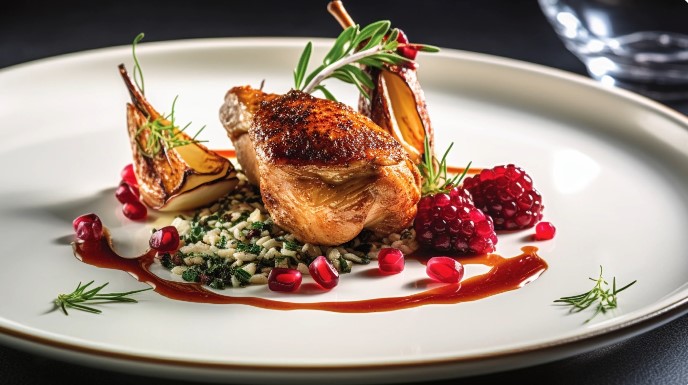
Introduction
Quail Nutrition Facts are more complex than one might initially assume. These small birds thrive on a diet that changes with the seasons and their developmental stages, ensuring they receive the right balance of nutrients to support their growth, reproduction, and survival. Whether you’re raising quail for eggs, meat, or simply as a hobby, understanding their dietary needs is crucial to ensuring they remain healthy and productive. In this comprehensive guide, we’ll delve into the specifics of quail nutrition, examining the essential components of their diet, the role of different food types, and how their nutritional needs change throughout their lifecycle.
Nutritional Requirements of Quail
Quail require a balanced diet rich in protein, fats, carbohydrates, vitamins, and minerals. Their diet typically includes:
- Proteins: Essential for growth and development, particularly in chicks. Quail primarily get their protein from insects, which make up a significant portion of their diet in the wild.
- Fats: Provide energy and are especially important during the breeding season.
- Carbohydrates: Found in grains and seeds, these are a key energy source.
- Vitamins and Minerals: Vital for overall health, including calcium for strong eggshells and bones.
Seasonal Diet Variation
Quail’s diet changes with the seasons:
- Spring and Summer: High in protein as insects are abundant. Quail will consume a variety of arthropods, including beetles, grasshoppers, and ants.
- Fall and Winter: As insects become scarce, quail shift to consuming more seeds and green vegetation, including grasses and forbs. Woody plants also become an important source of nutrition, providing fruits and seeds.
Feeding Quail in Captivity
For quail raised in captivity, a diet designed to mimic their natural food sources is ideal. Commercial quail feed often includes:
- Ground grains and seeds: Such as millet, wheat, and sorghum.
- Protein supplements: Often derived from fish meal or soybean meal.
- Grit: Essential for digestion as it helps break down hard seeds in the gizzard.
Commonly Consumed Foods
Wild quail consume a variety of foods depending on availability:
- Seeds: From forbs like ragweed and grasses like bristlegrass.
- Insects: Particularly important for growing chicks and laying hens.
- Fruits: Such as those from woody plants like prickly pear cactus and hackberry.
Nutritional Challenges
In both wild and captive settings, ensuring quail have access to a diverse range of foods is essential. In the wild, habitat management practices like creating food plots can help maintain a healthy quail population by providing essential nutrients year-round.
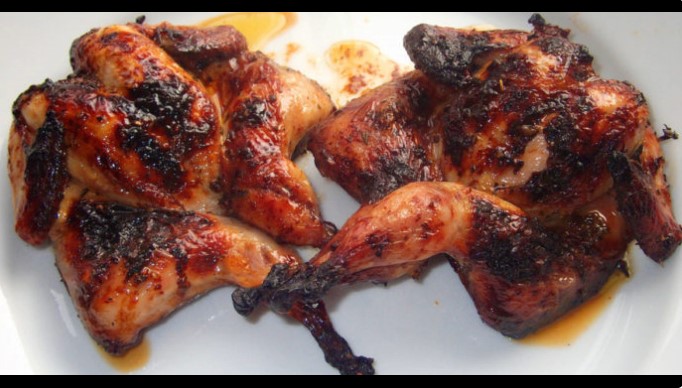
Frequently Asked Questions
What should I feed my quail in captivity?
Feed quail a balanced diet of commercial quail feed supplemented with fresh greens, grains, and occasional protein sources like insects or mealworms.
Can quail eat kitchen scraps?
Yes, but they should be offered sparingly. Avoid feeding quail processed foods, as they can lead to nutritional imbalances.
How much protein do quail need?
Quail chicks need a diet that is about 24% protein, while adults require around 18-20% protein.
By understanding and meeting the nutritional needs of quail, you can ensure these birds remain healthy, whether in the wild or in captivity. Proper nutrition supports their growth, reproduction, and overall well-being, making it a critical aspect of quail care.
Read also: Shoguns menu prices


